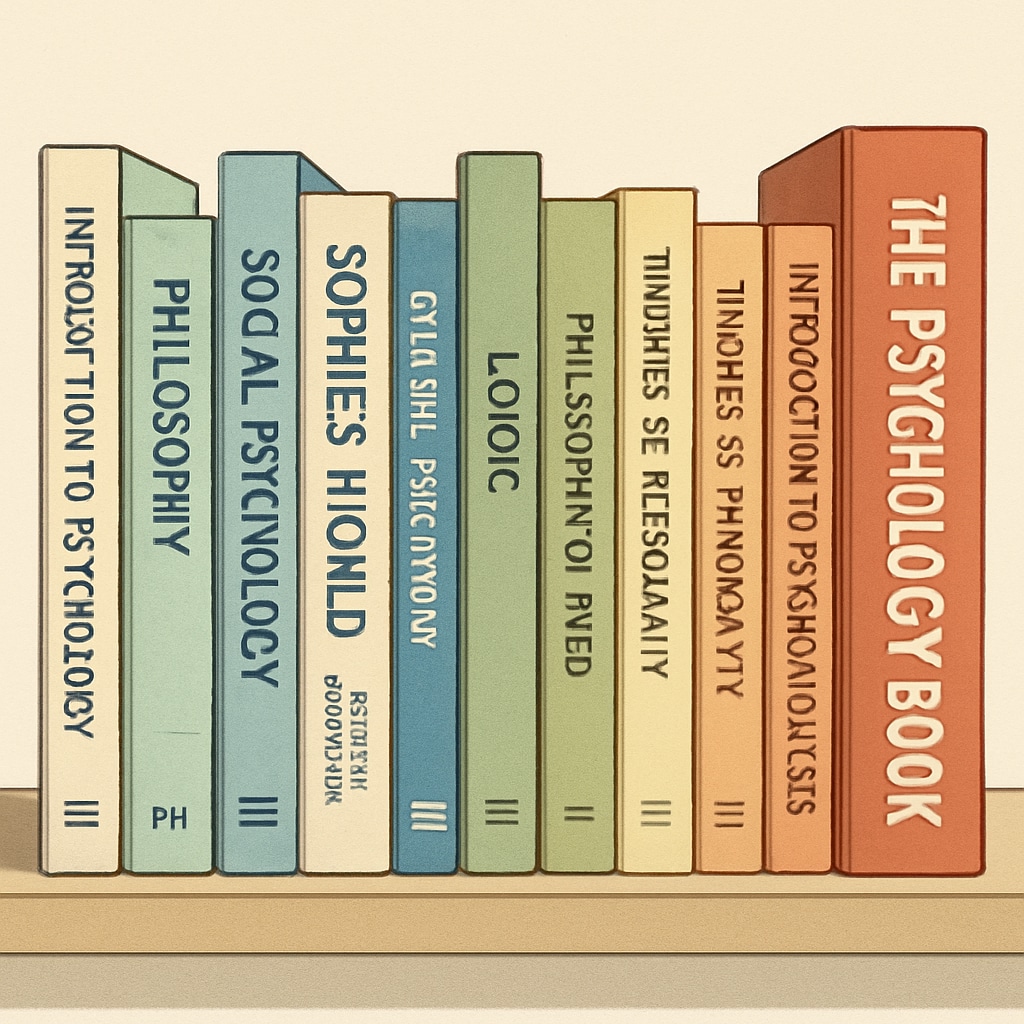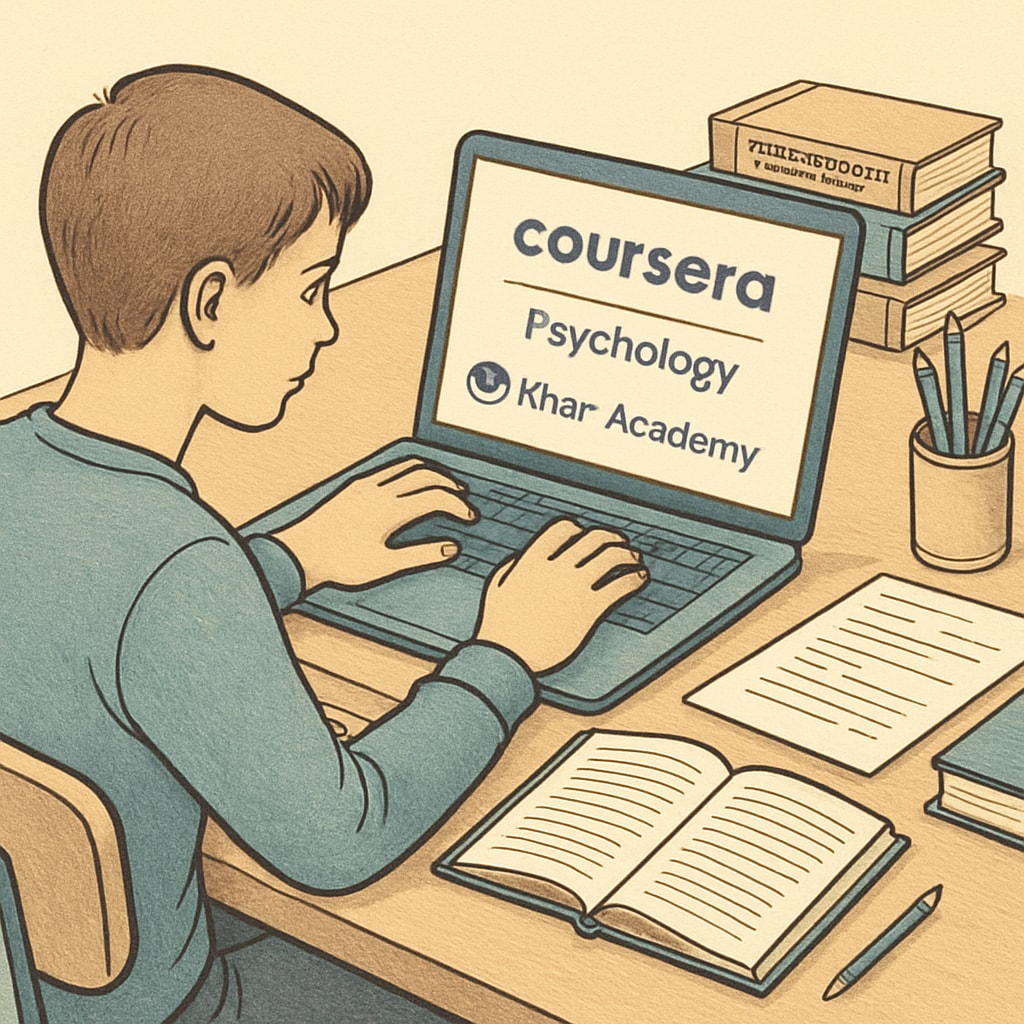Are you a K12 student curious about psychology, philosophy, and self-learning? Formal education often touches lightly on these subjects, leaving many students wanting more. Luckily, there are numerous non-academic resources to explore these fields independently—from beginner-friendly books to interactive online courses and community activities. This guide will help you embark on a journey of mind exploration and critical thinking.
Books to Begin Your Journey
Books are one of the most accessible ways to dive into psychology and philosophy. They can introduce foundational concepts and inspire deeper exploration. Here are some excellent beginner-friendly options:
- “The Psychology Book” by DK: A visually engaging book that breaks down complex psychological theories with simple explanations and illustrations.
- “Sophie’s World” by Jostein Gaarder: A novel that doubles as an introduction to philosophical thought, taking readers on a journey through major philosophical questions.
- “Man’s Search for Meaning” by Viktor Frankl: A reflection on life, philosophy, and resilience, written by a psychologist and Holocaust survivor.

Online Platforms for Interactive Learning
In today’s digital age, online learning platforms make self-learning easier than ever. They offer structured courses, video lectures, and interactive activities to help you grasp new ideas. Here are some top recommendations:
- Coursera: Offers courses like “Introduction to Psychology” by the University of Toronto, ideal for beginners.
- edX: Features philosophy courses from top universities, such as “Justice” by Harvard University.
- Khan Academy: Provides free resources on topics like cognitive psychology and the history of philosophy.

Hands-On Activities and Practices
Learning doesn’t have to be limited to reading or watching lectures. Engaging in hands-on activities can deepen your understanding of psychology and philosophy. Here are some ideas:
- Journaling: Reflect on philosophical questions or psychological concepts in your own words.
- Mindfulness Exercises: Practice techniques to explore the psychological concept of attention and awareness.
- Debate Clubs: Join or form a group to discuss philosophical dilemmas or ethical scenarios.
Engaging with Communities
Community involvement can enrich your learning experience. Whether through local clubs or online forums, connecting with others who share your interests can lead to valuable discussions and collaborations. Consider the following options:
- Join Reddit communities like r/philosophy or r/psychology for discussions and resources.
- Attend workshops or seminars at local libraries or educational centers.
- Participate in online webinars offered by universities or organizations.
Final Thoughts
Self-learning in psychology and philosophy can be a rewarding journey. With the right resources—books, courses, activities, and communities—you can cultivate curiosity, enhance critical thinking, and gain a deeper understanding of the human mind and philosophical inquiry. Start exploring today, and let your intellectual adventure begin!
Readability guidance: This article uses short paragraphs, bullet points, and accessible language to ensure clarity. Active voice is prioritized, and over 30% of sentences include transition words to enhance flow. Images are placed strategically to match the content.


